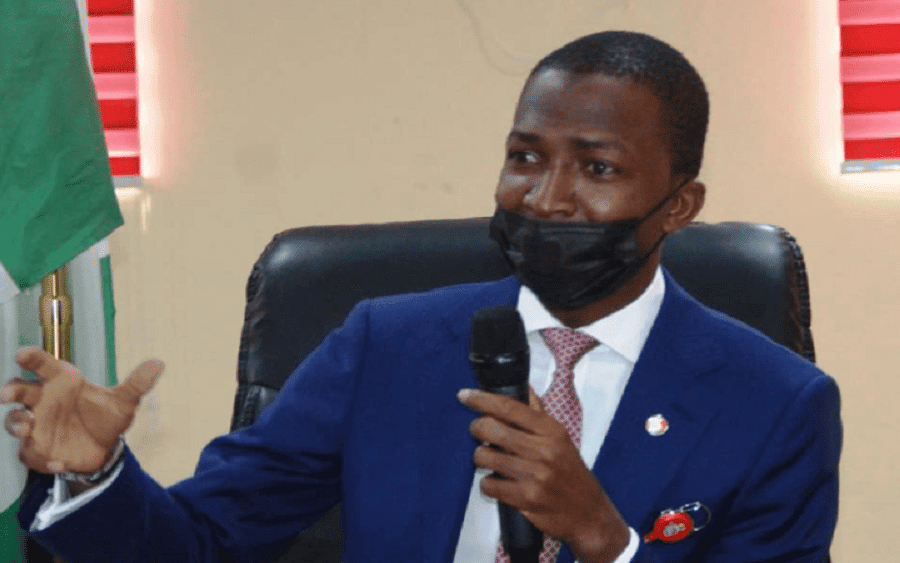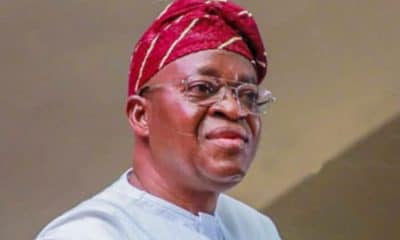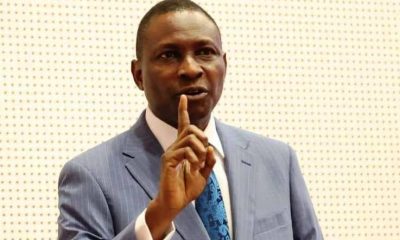Nigeria News
Court Orders IGP To Arrest, Detain EFCC Chairman, Bawa

A High Court sitting in Kogi State on Monday directed the Inspector-General of Police (IGP), Usman Baba to arrest the Chairman of the Economic and Financial Crimes Commission (EFCC), Abdulrasheed Bawa.
The court gave the order following Bawa’s alleged disobedience to a court order.
The IGP was also ordered to remand Bawa in Kuje prison for the next 14 days until he purges himself of the contempt.
The presiding judge, Justice R.O. Ayoola in his judgement granted the application for committal to prison of the EFCC chairman for disobeying a court ruling delivered on November 30, 2022.
In the case, the EFCC chairman was directed to produce the applicant in the case, Ali Bello.
Ali Bello had dragged Bawa to court for arresting and detaining him illegally, with the court ruling in his favour, only for the EFCC to arraign him for alleged money laundering three days after the ruling.
The EFCC’s applications for setting aside and staying of execution of the ruling were refused for want of merit.
The Court had, in Form 49, Order IX, Rule 13, marked, “HCL/697M/2022” and titled, “Notice to Show Cause Why Order of Committal Should not be Made,” asked the EFCC Chairman to appear before it on January 18, 2022, to explain why he should not be jailed for flouting the order given on December 12, 2022, in a case filed by Ali Bello against the EFCC and Bawa, as the 1st and 2nd respondents, respectively.
The court ordered that the EFCC and Bawa be served the motion of notice together with Form 49 by substituted means.
The court had declared the arrest and detention of the applicant in the face of a subsisting court order made by a court of competent jurisdiction and without a warrant of arrest “or being informed of the offence for which he was arrested” as unlawful, unconstitutional, and in contravention of the personal liberty and dignity of the human person guaranteed under Chapter IV of the Constitution of the Federal Republic of Nigeria 1999 (as amended).
The court had also ordered the respondents to tender an apology to the applicant in a national newspaper and awarded N10 million compensation for him.










